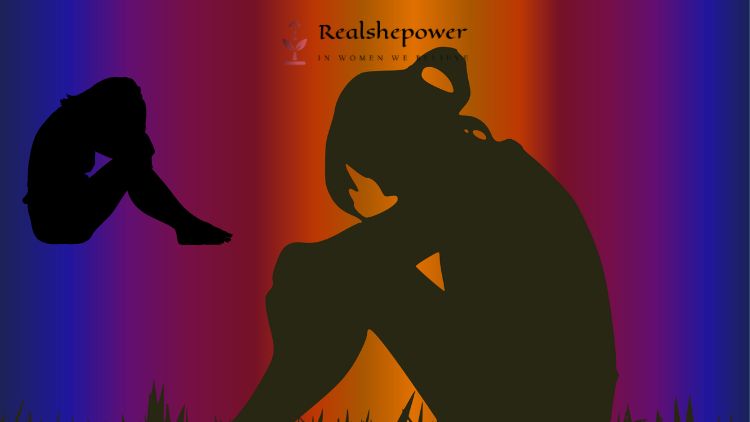UNESCO: Madrasas Students Propagates Patriarchy, Show Unfavorable Attitude Towards Women


Graduates of madrasas held less favorable views of working mothers and women who pursued higher education, according to a UNESCO-recently published global education monitoring study on the subject of “deepening the discourse on those left behind.” They declared a preference for big families and held the view that raising children was the major responsibility of wives. They also believed that God determined the appropriate number of children.
“Madrasas can cancel out some of the positive impact on gender equality from increased education access. First, their curricula and textbooks may not be gender-inclusive, instead reinforcing traditional narratives on gender roles, as studies have shown in Bangladesh, Indonesia, Malaysia, Pakistan and Saudi Arabia. Second, their teaching and learning practices such as gender segregation and gender-specific restrictions on social interactions may leave the impression that such gender-unequal practices are socially acceptable more broadly,” the report stated.
Read: UNESCO: Women Scientist Still Face Gender Bias
The paper asserts that teachers might not have had adequate training to address gender issues and might set a poor example for their students, perhaps influencing their attitudes toward fertility.
“Fourthly, the more traditional institutions may have restricted environments with limited exposure to progressive role models and media. Reproducing traditional gender norms discourages participation in further education and employment. What happens inside faith-based institutions has implications for the persistence of patriarchal norms and attitudes in society,” it said.
According to UNESCO experts, new research for the report evaluated data linking faith-based schools, particularly the non-state variety, with advancement or stagnation of gender equality in their nations.
Read: Pandemic is a “major step back” in gender equality
“A study comparing female secondary school and madrasa graduates found that the latter held less favorable attitudes towards higher education for girls and working mothers, considered raising children to be wives’ main responsibility, believed the optimal number of children was up to God and indicated a preference for large families.
“Further analysis suggested that madrasa students, especially from unrecognized institutions, held less favourable attitudes about women and their abilities than did their peers in secular schools. Teachers in traditional madrasas were found to have a significantly larger families,” it said.

“It is very difficult to separate the impact of religious belief and socioeconomic background from the impact of non-state faith-based schools on progress towards gender equality. Madrasa enrolment has been found to be positively correlated with degree of household religious belief and physical distance from a non-faith-based school.
“Their unique cultural and institutional histories, which often blur boundaries between state and non-state institutions, further complicate analysis. Differences between them may entail the school of thought followed, emphasis on scriptures and Islamic sciences, presence of daily rituals, boarding arrangements and attachment to local mosques. These important differences mean experiences are country- and even school-specific,” the report stated.
News Source: The Mint
Edited by: Kalpana Pokhriyal/RSP
